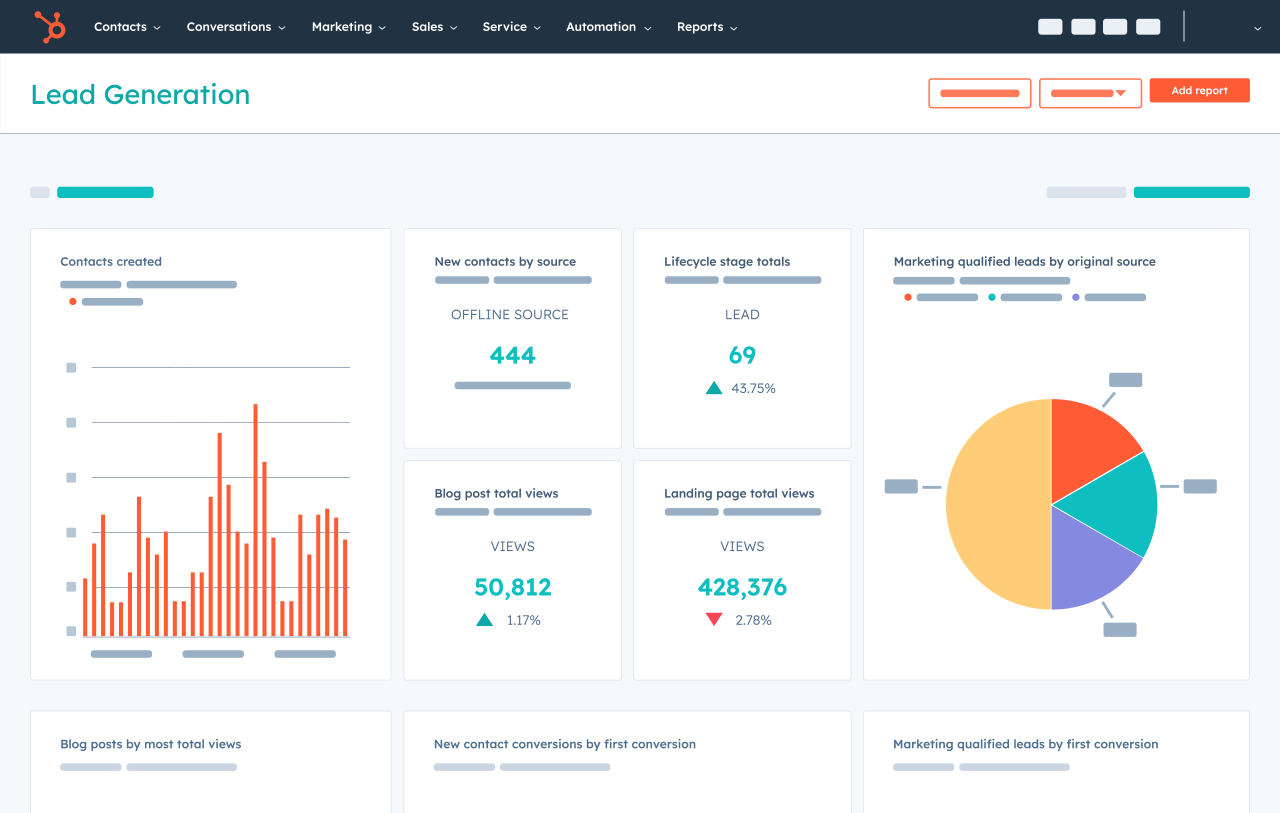The Hidden ROI Killer: When Marketing and Technology Don't Speak the Same Language
- Craft Web SHop
- Blogs

Transforming disconnected marketing tools into an integrated growth engine
Last month, we met with a company CEO who was frustrated. They'd invested heavily in digital marketing – a new marketing manager, premium advertising campaigns, content creation, and social media initiatives. The campaigns were driving traffic, but sales weren't following.
The culprit? Their marketing technology stack was speaking three different languages, and none of them were translating to revenue.
The Modern Marketing Technology Challenge
Today's successful marketing requires orchestrating multiple platforms: your website, CRM system, email marketing platform, social media management tools, analytics packages, and advertising platforms. Each system captures valuable customer data, but without proper integration, you're essentially flying blind.
Consider the customer journey for a typical B2B purchase. A prospect might discover your company through a LinkedIn ad, visit your website to download a whitepaper, receive a series of nurturing emails, engage with your social media content, and finally request a consultation through your website. If these touchpoints aren't connected, you can't understand what's working, what's not, and where to invest your marketing budget.
The Integration Imperative
We recently helped a professional services firm solve this exact problem. Their marketing team was generating plenty of leads, but the sales team complained about lead quality. The issue wasn't the leads themselves – it was that crucial context was being lost between systems.
When someone downloaded their comprehensive industry report after engaging with three different blog posts and a webinar, that behavioral data should inform how sales approaches them. Instead, sales was getting a basic contact form submission with no history or context.
The solution required custom integrations between their website, marketing automation platform, and CRM system.
The result? Sales conversion rates improved by 40% simply because the sales team could have more informed, relevant conversations with qualified prospects.
Real-Time Personalization and Customer Experience
Modern customers expect personalized experiences. If someone has been reading your content about enterprise solutions, they shouldn't see homepage messaging aimed at small businesses. If they've already downloaded your pricing guide, they shouldn't see calls-to-action for that same guide on every page.
This level of personalization requires sophisticated technology working behind the scenes. Your website needs to track user behavior, integrate with your marketing database, and dynamically adjust content based on where someone is in their buyer's journey.
It's not magic – it's strategic technology implementation.
The Laravel Advantage for Business Applications
When we build custom solutions for clients, we often leverage Laravel, a powerful framework that excels at creating the kind of robust, scalable applications that growing businesses need. Laravel's strength lies in its ability to handle complex business logic while maintaining clean, maintainable code.
For our clients, this translates to applications that can grow with their business, integrate seamlessly with other platforms, and provide the reliability that mission-critical business processes require.
Whether it's a custom CRM integration, a sophisticated lead scoring system, or a client portal that connects to multiple business systems, Laravel provides the foundation for solutions that just work.
Measuring What Matters
The most successful companies we work with understand that technology should make measurement easier, not harder. They want to know which marketing channels are driving revenue, not just traffic. They want to understand customer lifetime value, not just conversion rates. They want to see the complete picture of how their digital investments are performing.
This requires thoughtful implementation of analytics tracking, proper attribution modeling, and dashboard solutions that present complex data in actionable formats.
When marketing and technology work together strategically, every campaign becomes a learning opportunity and every customer interaction provides insights for improvement.
Building for Sustainable Growth
Companies that achieve sustainable growth online don't chase the latest marketing fad or technology trend. Instead, they build integrated systems that amplify their strengths and provide a foundation for continuous improvement.
They understand that their marketing technology stack is a competitive advantage, not just a collection of tools.
Ready to Transform Your Marketing Technology?
Ready to align your marketing efforts with technology that amplifies results? At Craft Web Shop, we specialize in creating integrated solutions that turn marketing investments into measurable business growth.
Let's explore how the right approach can transform your customer acquisition strategy.
Comments:
Leave A Comment:
Subscribe our weekly subscription
Stay up to date about what we are up to.



